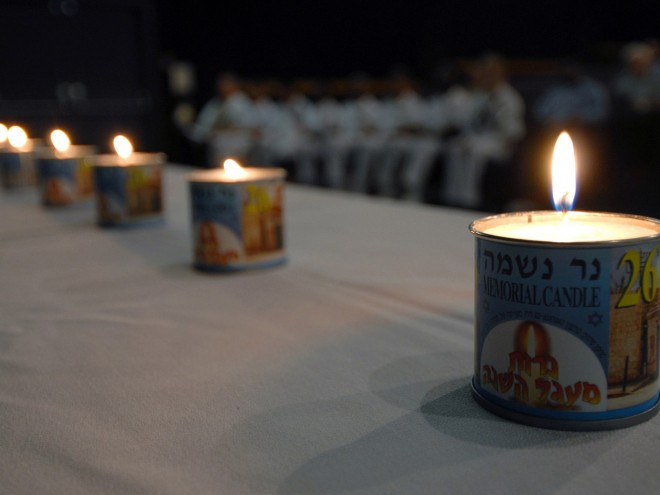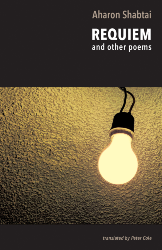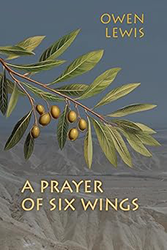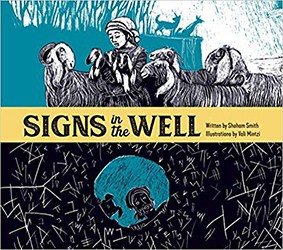Am Yisrael Chai is a poetry anthology that was born in response to October 7. The poems differ in style, tone, and politics, but they all emerge from the same wellspring of sorrow. This remarkable book provides the reader with a capsule of one of the Jewish community’s defining moments of reckoning in the twenty-first century.
For those who still think of the hostages every day, who can’t disentangle their hearts and minds from the horrors of the past months, Am Yisrael Chai is not an easy read. As one poet reflects, “As I sit here in the safety of my home, far from danger,/my heart breaks and my soul cries out for my family/because all Jews are my family.” These and other words will be a solace to anyone who has been feeling like an outsider in the non-Jewish world in the aftermath of the attacks.
In the midst of anguish and frustration also dwells the Jewish commitment to joy and peace. Readers will be amazed to find a resistance to the heart’s hardening. They’ll realize that “despite what they say on the news/We do not want your blood.” In praying for peace, however, these writers do not profess to have the answers. One of the contributors, Reba Connell, wonders, “What will ensure/that this will never happen again?” It is a haunting question.
One day, when the situation is not as dire, Am Yisrael Chai will stand as a testament to the Jewish people. We are a people who gather, weep, disagree, ask questions, and praise life above all. Each poem proves to the world that Jews are not a monolith, but rather a collection of individuals struggling to process heartache and brimming with hope for a better future.
Ariella Carmell is a Brooklyn-based writer of plays and prose. She graduated from the University of Chicago, where she studied literature and philosophy. Her work has appeared in Alma, the Sierra Nevada Review, the Brooklyn review, and elsewhere.





